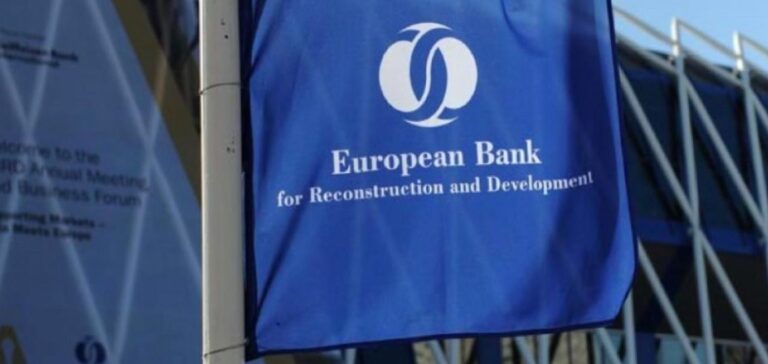The EBRD approved a financing package that will provide $372 million to assist the Ukrainian power transmission company, Ukrenergo.
European funding
THE EBRD (European Bank for Reconstruction and Development) indicates that the aid will be used for emergency repairs. Thus, it will serve to maintain the stability of the country’s energy system as winter approaches. In addition, the bank condemns the strikes against civilian infrastructure.
The EBRD will provide a €300 million sovereign guaranteed loan with two components. Up to €150 million is intended for the purchase of equipment to carry out repairs on the Ukrainian electricity transmission system. An additional €150 million consists of support for the capital structure.
Emergency assistance
In addition, the Netherlands will supplement the EBRD’s emergency assistance up to €72 million. This additional assistance will be used to support the immediate restoration needs of Ukrenergo’s transmission infrastructure. Odile Renaud-Basso, EBRD’s president, says:
“Urgent repairs to the Ukrainian power grid are an immediate priority for EBRD. The people and businesses of Ukraine need continued access to electricity through the winter. With this important funding, we will help Ukrenergo make rapid emergency repairs to damaged equipment, high voltage substations and transmission lines. It will ensure the continued provision of vital electricity transmission services during the heating season for Ukrainian households, businesses and communities.”
EBRD has been involved in promoting economic transition in Ukraine for about 30 years. The bank’s assistance complements that of other international financial institutions. Funding is also directed to trade to maintain the flow of essential goods, food security and vital infrastructure.
A plan for the future
Until now, the EBRD provided more than 1 billion euros to Ukraine as part of emergency liquidity financing. The bank is committed to paying up to €3 billion over the period 2022-2023. The aim is to help Ukrainian businesses and the economy to continue to function.
Ukraine is one of the main beneficiaries of the EBRD. Its assistance is aimed at ensuring the country’s resilience in the context of conflict. Finally, these measures will be combined with a reconstruction plan when circumstances permit.






















